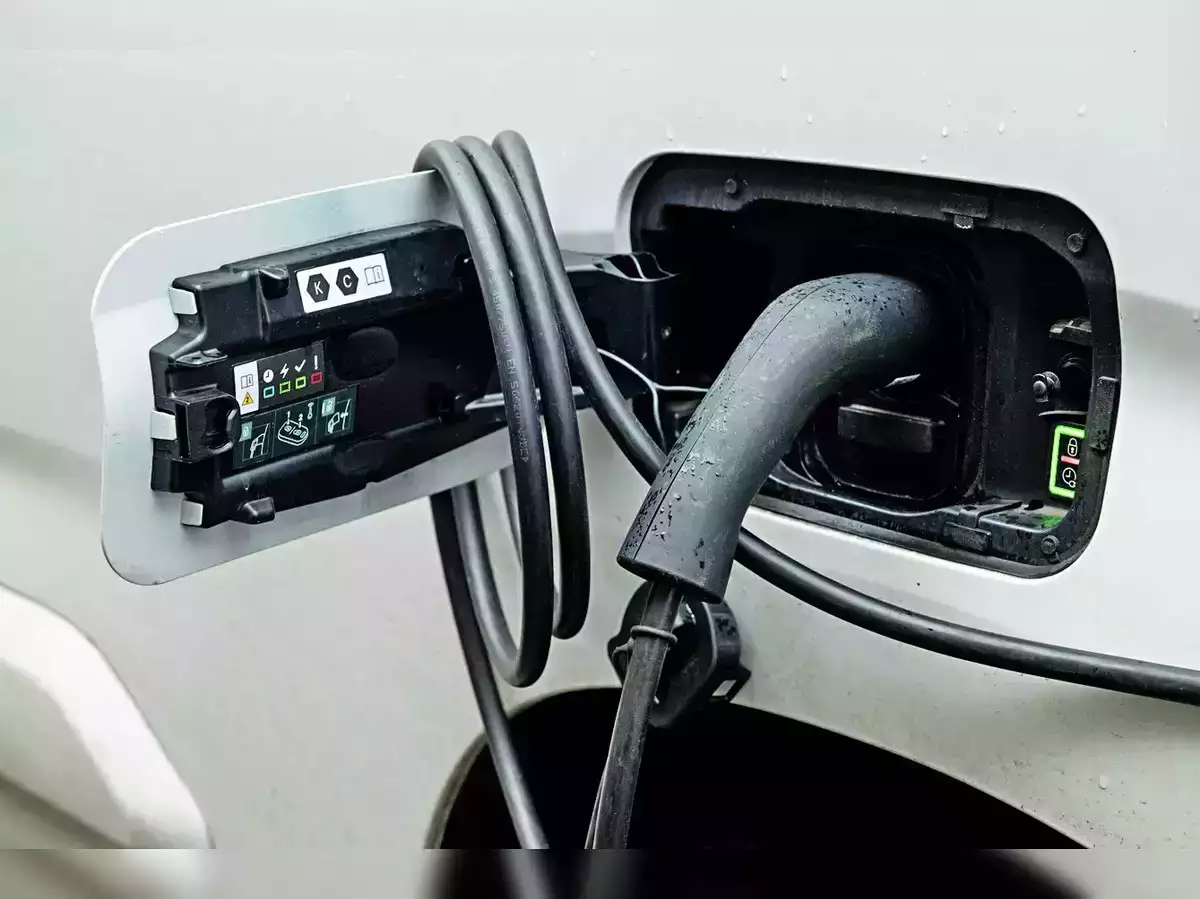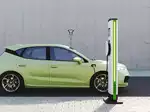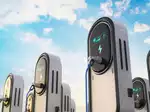Delhi's EV policy extended till March 2025

Electric vehicles purchased on January 1, 2024 and after will get subsidy and road tax exemption, it was announced.
Delhi is one of the largest EV markets in the country, accounting for about a tenth of total domestic sales.
ET reported in September that EV sales in Delhi came to a near standstill with the state government withdrawing a waiver on road tax on electric cars and two-wheelers According to the report, the government took the step effective August 31. Removal of the incentive sparked a sharp rise in EV purchase prices, hitting sales in a major way, as per FADA data.
The Delhi government’s move comes amid pressure on electric car sales in the country for the past few months due to high vehicle prices, insufficient charging infrastructure and range anxiety among customers India has about 12,000 public charging stations, compared with 87,000 fuel stations dispensing petrol and diesel.
Under the EV policy, a subsidy of INR 5,000 per kWh of battery capacity (up to a maximum of INR 30,000) is provided for the purchase of an electric two-wheeler. Three-wheelers offer a flat subsidy of INR 30,000 per vehicle, regardless of the total cost and battery capacity involved.
Electric car sales remained almost flat at about 29,500 units in the first four months of FY25. The pace of growth in the electric two-wheeler segment has also moderated. Several factors ranging from concerns over resale value of EVs despite lower running costs, and worries over battery life and driving range are making some customers prefer conventional fuel options instead.
Electric car sales fell 3% year-on-year this July, marking the third straight month of decline, triggering fears that the Indian market may be mirroring a broader slowdown in global EV sales. FADA is yet to release vehicle registration data for August.

